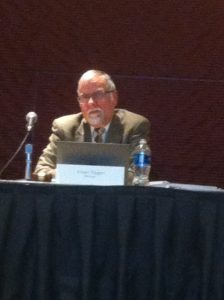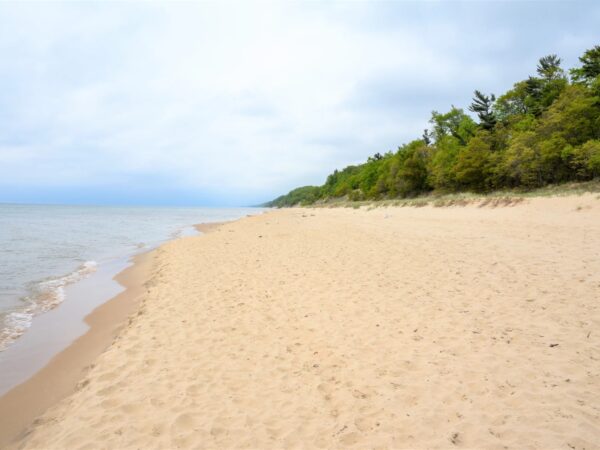
“Failure to agree doesn’t mean that we didn’t listen”
Tension between Great Lakes governors, Canadian premiers and a bi-national group of mayors escalated last week when representatives of the governors and premiers rejected a proposal from the mayors to modify a proposed process on how the region addresses water diversion requests.
The dispute stems back to the Waukesha, Wis. diversion the governors approved in 2017.
The mayors opposed the Waukesha diversion and took a threat of legal action to the brink before backing off. In exchange for not taking legal action, the mayors were promised the opportunity to provide advice on future changes to how diversions are reviewed.
The governors’ and premiers’ group, known as the Compact Council, unanimously said “no” to recommendations the mayors said would improve the review process.
— Great Lakes and St. Lawrence Cities Initiative (@GLSLcities) November 30, 2018
Specifically, the mayors lobbied for more public input by requiring the states to hold public comment sessions in each Great Lakes state. Currently each state is allowed to determine if there is sufficient interest in the diversion issue as the basis for holding public meetings.
The mayors also wanted increased monitoring for compliance with the terms of an approved diversion and suggested deferring any decision on rule modifications until new governors take office.
Minnesota, Wisconsin, Illinois, Michigan and Ohio will have new governors in January.
The mayors’ group, the Great Lakes and St. Lawrence Cities Initiative, was joined by the Anishinabek Nation, an Ontario-based First Nation advocacy organization.
Ignored concerns
“The Compact Council ignored many of the concerns of the mayors, the Anishinabek Nation and other concerned stakeholders in the Great Lakes region,” the mayors said in a press release.

Sheboygan, Wisconsin Mayor Mike Vandersteen, Photo by Sheboygan Public Media via youtube.com
“The mayors want to make clear our disappointment with the new proposed procedures that leave our waters vulnerable,” said Sheboygan, Wis. Mayor Mike Vandersteen. “We call on members of the Compact Council…. to defer adoption of the proposed changes, so they can be revisited by the newly elected Governors and Premiers.”
Anishinabek Nation Grand Council Chief Glen Hare said his leadership wants stronger rules governing diversions from the Great Lakes and recognition of the nation’s inherent rights.
“Water is the Lifeblood of Mother Earth – we must do what we can to protect it,” Hare said.
Vigorous defense
Michigan’s representative on the Compact Council, Grant Trigger, defended the process in a statement following public comments at the meeting.

Grant Trigger, Great Lakes Compact Council, Photo courtesy of Gary Wilson
“There was no intent to assume that the Compact Council has a monopoly on wisdom,” he said.
There is a commitment to continued dialogue between the Compact Council and stakeholders on water diversion process, according to Trigger. “Failure to agree doesn’t mean that we didn’t listen,” he said.
On delaying a decision on new rules until new governors are in office, Trigger said in a phone interview that in 2017 the Council set a December 2018 deadline to approve the rules and it was important to meet that deadline.
Trigger has served on the Compact Council for seven years and was instrumental in guiding the complex Waukesha diversion process to its conclusion.
The Compact Council derives its authority from the Great Lakes Compact, the eight-state agreement that deals with requests to divert water from the basin. Canada participates in the process in an advisory capacity and has a similar agreement in place for Canadian diversions.
In a separate action, the Compact Council elected Indiana Gov. Eric Holcomb as its chair and Michigan Gov.-elect Gretchen Whitmer as vice-chair.
A detailed record of public comments on the proposed diversion process rules is here.




